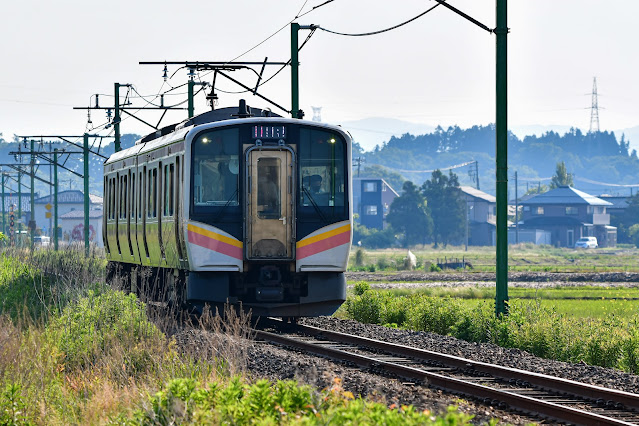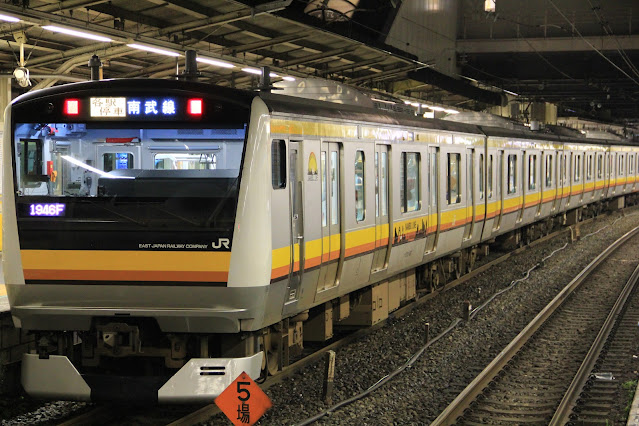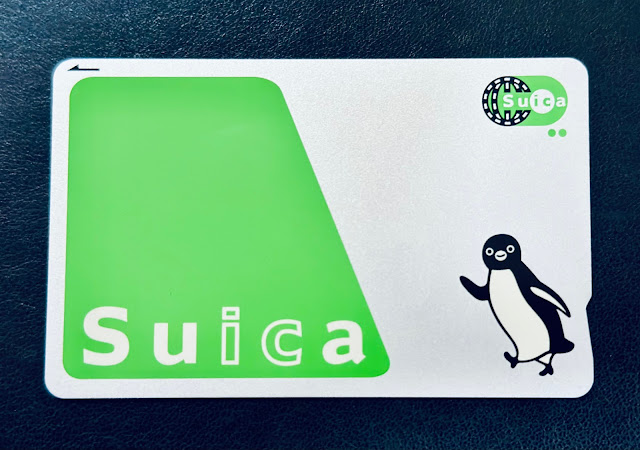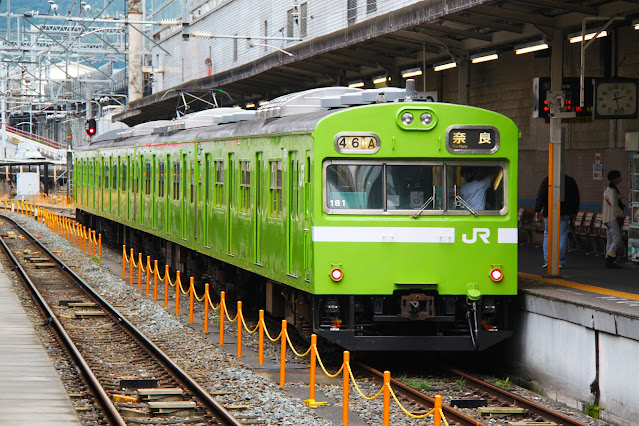The prevalence of contactless credit card payments for
train services is on the rise across Japan, extending to regions where Suica
and other commonly used prepaid IC cards for public transportation have not yet
been introduced.
With an anticipation of a rise in visitors from
countries where such contactless payment systems are widely used, domestic
train operators are eager to highlight the convenience of boarding trains with
the credit cards they use regularly.
Enoshima Electric Railway Co., which operates the
regional line in Kanagawa Prefecture known as Enoden, is a popular choice among
tourists and train enthusiasts. To cater to the growing demand for inbound
travel as the COVID-19 crisis eases, the company has installed contactless
credit card payment equipment at all stations along the Enoden line since
April.
The move is expected to bring several benefits,
including alleviating the workload of customer service staff and reducing
congestion at ticket vending machines. This enhancement in payment options is a
welcome addition for travelers, as they can now easily use their credit cards
to board trains, a payment method familiar to them from their home countries.
Tokyu Corp., a major railway operator in and around
Tokyo, is also stepping up to improve the passenger experience. Starting this
summer, they will be conducting a trial of contactless credit card payments on
their Denentoshi and other lines. Emphasizing the service's advantages for
inbound visitors, a Tokyu official explains that adopting a global standard
payment method will make it more accessible for foreign passengers to use the
trains seamlessly.
By offering these convenient and familiar payment
options, Japanese train operators are not only enhancing their services for
international travelers but also aiming to streamline the overall boarding
process, making train travel a hassle-free experience for everyone.


Japan's Bullet Trains on the Path to Full Automation
Revitalizing Train Travel: Innovative Solutions and Personalized Experiences for the Future of Shinkansen Bullet Trains
A Cashless Revolution: Japan's Move Towards a Cashless Society
The Cost of Japan Rail Pass in October 2023 to Drastically Increase: Impact and Implications for Travelers





Comments
Post a Comment